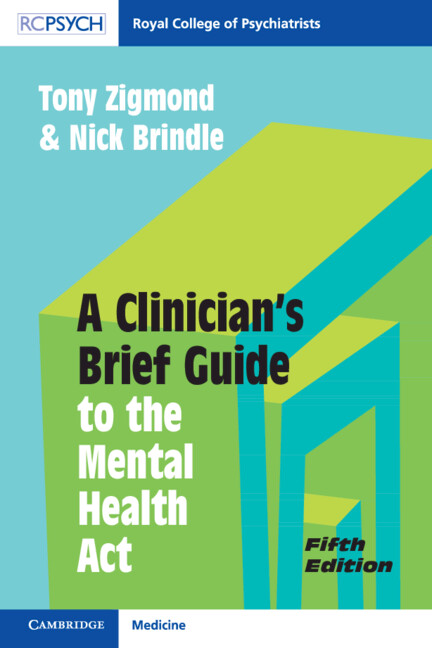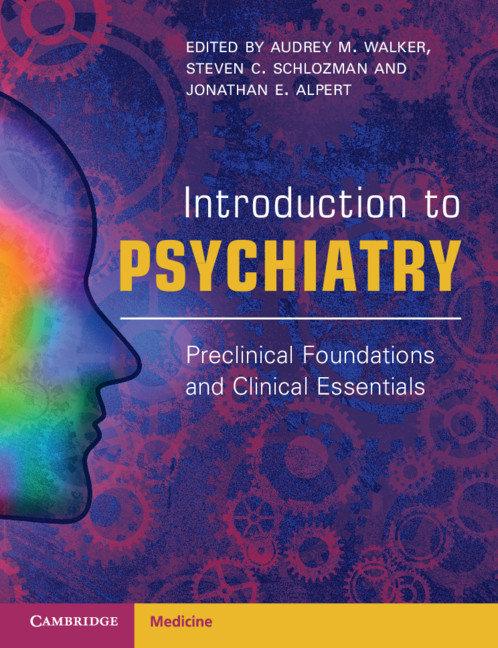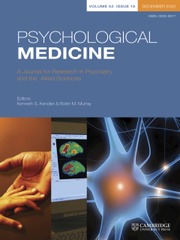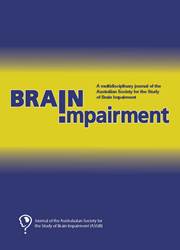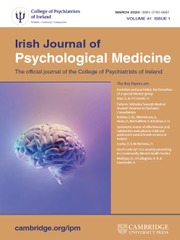Mental Capacity Legislation
This book draws on clinical experience, case law and the developing research literature accrued during the six years that the Mental Capacity Act (MCA) and the Deprivation of Liberty Safeguards (DoLS) have been in effect. It focuses on the theory underpinning the principles of this legislation and the practical challenges of applying it in clinical settings. It also compares and contrasts the remit of the Mental Capacity Act with that of the Mental Health Act. The book is aimed at psychiatrists and other mental health professionals who treat individuals who lack capacity, and also at those called upon to guide and advise colleagues in acute hospitals and residential care settings about the assessment of capacity, DoLS and the appropriate use of best interests principles. The contributors, who include both clinicians and clinical academics, have been chosen to ensure that both practical and research considerations pertaining to the statute are taken into account. (Please note, this book applies to the law in England and Wales only.)
- Provides an overview of the fundamental ethical and philosophical thinking that has shaped the MCA
- Offers case vignettes demonstrating best interests principles and the functional assessment of capacity
- Presents examples, drawn from case law, typifying clinical ambiguities in the assessment of capacity
Product details
January 2018Adobe eBook Reader
9781909726024
0 pages
0kg
This ISBN is for an eBook version which is distributed on our behalf by a third party.
Table of Contents
- List of contributors
- Preface
- 1. Introduction Rebecca Jacob and Antony Holland
- 2. The assessment of mental capacity Matthew Hotopf
- 3. Best interests Julian Hughes
- 4. Provisions of the Mental Capacity Act 2005 Susan F. Welsh
- 5. The Deprivation of Liberty Safeguards Susan F. Welsh and Amanda Keeling
- 6. Clinical ambiguities in the assessment of capacity Rebecca Jacob and Elizabeth Fistein
- Index.



